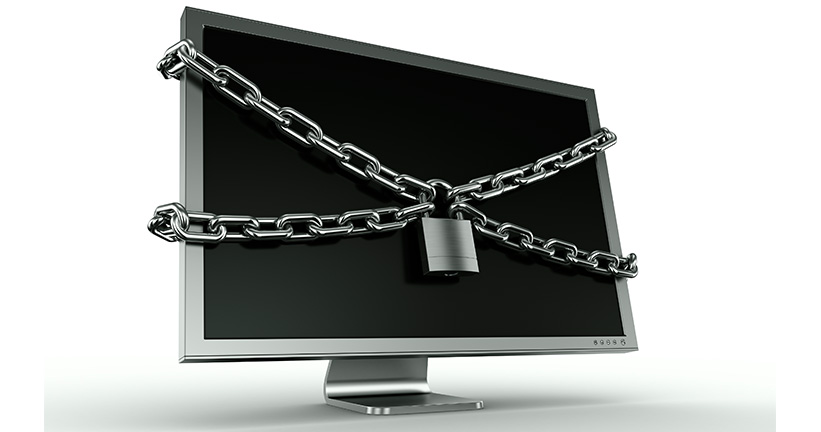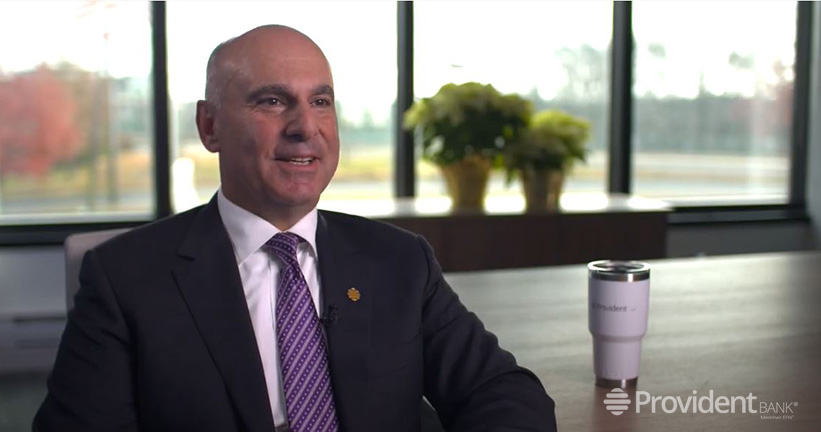
Please note our holiday hours: Friday, July 4, 2025 - Closed in observance of Independence Day. Online access to your account(s) will not be affected.


FDIC-Insured - Backed by the full faith and credit of the U.S. Government

FDIC-Insured - Backed by the full faith and credit of the U.S. Government
 VIEW ALL EDUCATION & INSIGHTS
VIEW ALL EDUCATION & INSIGHTS
March 10, 2016
How to Avoid Being a Victim of Ransom Ware

You may have recently read about the Los Angeles hospital that was a victim of ransom ware and required to pay $17,000 to cyber criminals to regain access to its files. The story was a cautionary tale of just how exposed businesses and households worldwide, including many American businesses and households, are to the threat of ransom ware. Some of the more famous ransom ware viruses include CryptoLocker, CryptoWall, and Zues.
So what exactly is ransom ware?
Ransom ware is a type of virus that puts a very strong unauthorized password on a computer or server’s files preventing the users from getting into the information. To remove the password, the virus instructs the user to send money to the criminals that locked the computer or files in order to gain access to the password within a few days. If the user doesn’t pay-up, their files are locked forever. If they don’t pay-up in time, the cost of unlocking goes up. The password strength often times exceeds the capabilities of security software to break the password. The payment is usually required in BitCoin, a virtual currency that is used on the Internet when one of the parties to the transaction doesn’t want to leave a paper trail. Getting access to BitCoin can be difficult and often takes a few times to even get a BitCoin account setup and funded.
Okay that sounds pretty bad, but why should I care?
Most organizations and people don’t regularly back-up their most important files, pictures, documents, and work in progress. Could you afford to be locked out of your files for a few days, weeks, or potentially to lose them forever and have to start from scratch? For many organizations, that could be fatal. Hackers know this, and they also know if they ask for too much money, the business is likely to fold before it pays. For these criminals, this is their business and they’ve perfected their “business model”. Ransom ware victims pay about 45% of the time and the amounts usually range from a $200 to $20,000. Most criminal enterprises have a full time support organization to assist users who need to unlock their files.
You have my attention, now how do I protect myself?
Step one is simple: make sure you make regular backups of your files, preferably daily. Make sure those backups are stored in a safe place. Secondly, keep your security software up to date: antivirus, firewall, spam filter, etc. Next, it’s extremely important that you practice good email hygiene. The majority of these ransom ware viruses come from malicious emails that often appear to be an invoice, shipping label, resume, or some other type of interesting attachment or link. If you practice good email behavior and don’t open unexpected attachments or unknown links, you’ll greatly improve your chances of not falling victim. However, the single most important tool you have for fighting ransom ware is education. Make sure your staff (and your family!) knows not to open suspicious emails and the dangers of ransom ware, and make sure they regularly back up their most important files.
It Helps to Plan
Sometimes even if you are prepared, the worst still happens. You have up to date security software, you employees are well trained, you have backups from the night before, but you’re in the middle of a proposal that you can’t afford to lose today’s progress on, and somehow ransom ware has infected your network, what do you do? It is recommended that all businesses answer that question before it happens, so you don’t spend a lot of time making a decision instead of acting when the time comes. If you’re willing to pay to get your data back, working to get a BitCoin account setup from the moment that timer starts improves your likelihood of getting back into your files before the price goes up. If you’re not willing to pay, you can use that time start restoring your backups and communicating to your staff (and family members) about the data loss for the day.
Final Thoughts
Cybercrime is a big business and it’s growing rapidly. You don’t have to be the largest or most sophisticated organization to keep yourself safe. A lot of times just practicing the fundamentals of good security can keep your organization safe. It’s like the old joke, how fast do you have to be to outrun a bear? Answer: Faster than the person next to you. How secure do you need to be on the Internet, often times it’s just more secure than the company next to you.
Nathan Horn-Mitchem is first vice president of Information Security at the Provident Bank. Based in Provident’s Iselin office, Horn-Mitchem oversees the bank’s Information Security and Cybersecurity programs. He holds a bachelor’s degree in business administration from Georgetown University in Washington D.C.








 Views
Views


 Views
Views

 Go Back
Go Back











